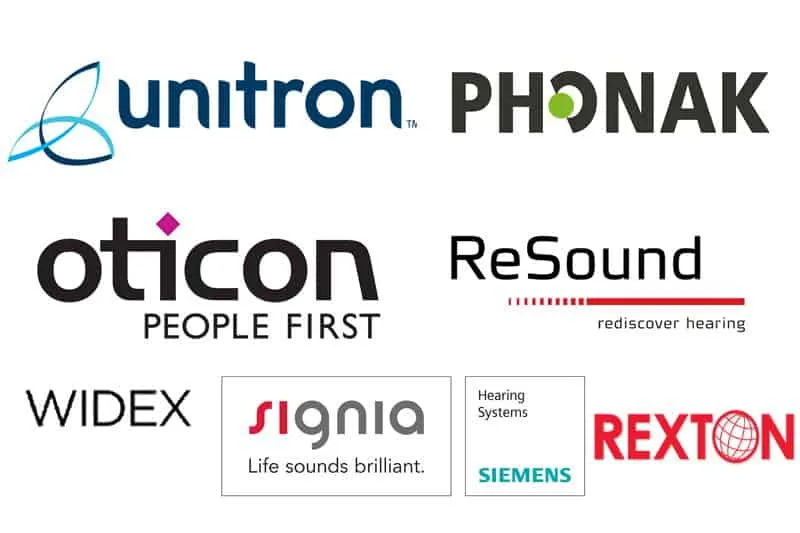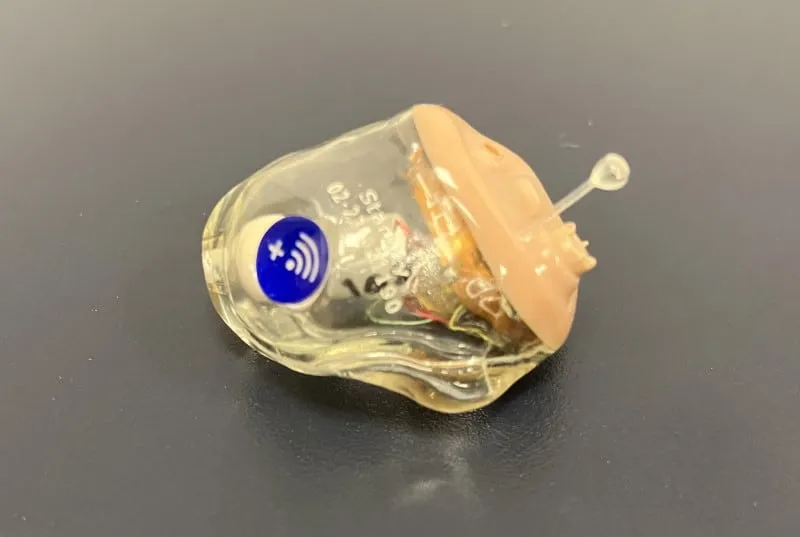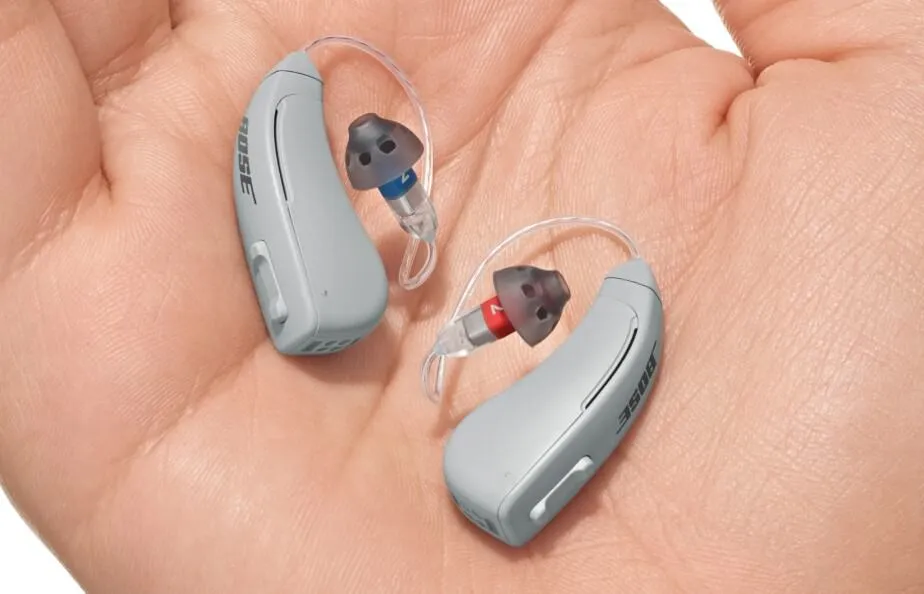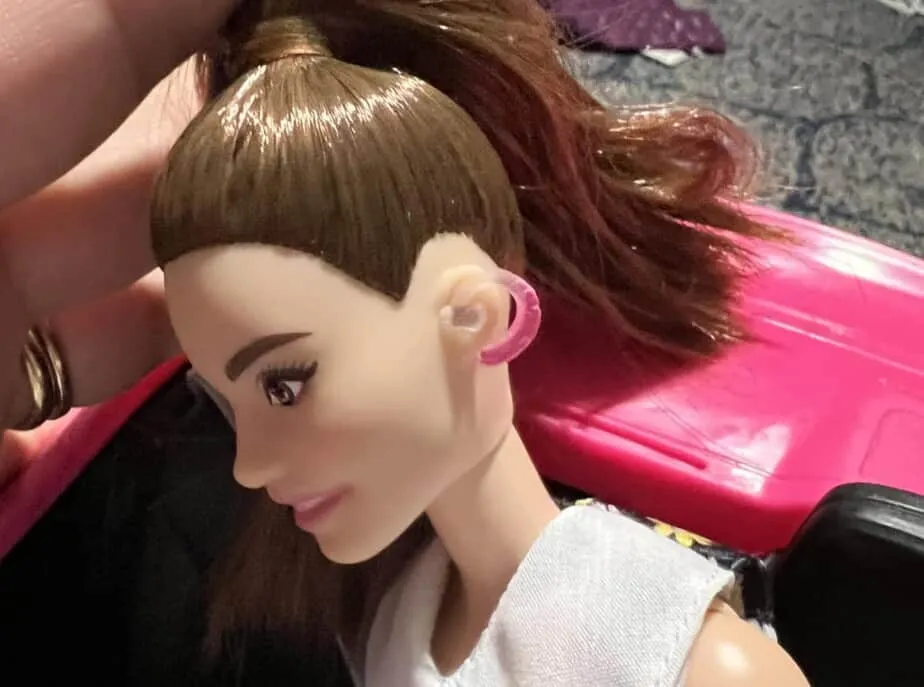Are you experiencing changes in your hearing or have recently received a hearing aid from someone else? One of the crucial questions that follow is if that hearing aid can be adjusted to your unique hearing loss. Or perhaps, you’re on a tight budget and purchased a second-hand hearing aid online. The question remains the same: can it be customized to your hearing needs?
Can hearing aids be reprogrammed? Any hearing aid that has the capability to be programmed in the first place can be reconfigured to fit your hearing loss. All hearing aids that are professionally fitted can have their settings adjusted to match your hearing loss and preferences. However, some PSAPs may not have the option for adjustments but Over-the-Counter and Professionally Fit Hearing aids can be reprogrammed.
Let’s explore the reprogramming option in more detail, including which hearing aids can be reset and the cost involved. As an audiologist with years of experience, I have reprogrammed thousands of hearing aids and am eager to share my knowledge with you.
Hearing Aids That Can Be Reprogrammed
All hearing aids from leading brands can be reprogrammed. To determine if your hearing aid can be changed, look for the manufacturer’s name on the device. Major brands include Starkey, Phonak, Unitron, Oticon, Signia, Siemens, Rexton, Bernafon, Widex, and GN Resound. If your hearing aid has another name, it may still be capable of reprogramming.

Some companies may sell hearing aids under their own private labels, such as Costco, Sam’s Club, Beltone, and Miracle-Ear. These hearing aids can only be reprogrammed by the same business where they were purchased. On the other hand, hearing aids with major manufacturer names can be reprogrammed by any audiologist.
If your hearing aid is older than 5 years it is honestly not worth paying to get it reprogrammed. I would recommend buying a new device.
How Hearing Aids Get Reprogrammed That Did Not Originally Belong to You
To ensure your hearing aids are set to the best level for your specific hearing loss, you must first undergo a hearing test. During the test, you’ll be asked to listen to beeps or tones and indicate when you hear them, allowing the audiologist to create an audiogram and also perform speech testing. The audiologist can give you guidance on how well you will likely do with a hearing aid.
Using the audiogram, the audiologist will determine the best prescription for your hearing aids, which will be programmed into the device. The audiologist can adjust various settings, such as volume, background noise reduction, and other features, using specialized software.

The hearing aids will be initially set to the prescription level and default programmed options, but it’s normal to need some fine-tuning after wearing them for a few weeks. Keep in mind, while the prescription and default settings are based on research and testing, everyone’s hearing needs are unique and may require adjustments. Your audiologist is there to help you find the perfect setting.
If you do not want to get a hearing test at an audiologist you can also buy an OTC device that has a built-in hearing test via an app on your phone.
Cost of Reprogramming A Hearing Aid
The cost of a hearing test and reprogramming of hearing aids by an audiologist can range from $250 to $500. This cost includes both the hearing test and the reprogramming fee. The exact price will depend on factors such as the size and location of the audiology practice. It’s generally more expensive in urban areas compared to rural areas.
Styles of Hearing Aids That Can Be Reprogrammed?
All types of hearing aids, including CIC, ITC, ITE, BTE, and RIC, can be reprogrammed. If the hearing aids were given to you, a BTE or RIC model can be quickly reprogrammed by an audiologist to fit your needs.

However, custom-fit hearing aids like ITCs may require recasing, which involves taking ear mold impressions and sending them to the manufacturer, adding around $300 to the cost. This may bring the total cost to reprogram and recase hearing aids up to $600.

The value of this investment depends on the age and technology level of the hearing aids. If they are older and have lower technology, it may be better to purchase new, better-performing devices with fewer repair issues.
How Often Should Hearing Aids Be Reprogrammed?
Well, folks, let’s be real, the answer to the hearing aid reprogramming question is as elusive as a unicorn in a busy city. But here’s the deal, don’t let those little electronic wonders go unchecked for more than a year. Because, like a fine wine, your hearing loss may improve with age but it can also go south.

And let’s not forget, those hearing aids are like little robots that need some TLC from time to time. So, when you take them for a tune-up, the audiologist will give them a thorough check-up to make sure they’re functioning at their best. If not, it’s time to give them a reboot or a replacement so you can keep on rockin’ that crystal-clear hearing.
Beware of Buying Used Hearing Aids on eBay
For those bargain hunters with hearing loss, buying a used hearing aid may seem like a smart move. Sure, professionals can’t legally sell them as they’re considered medical devices, but that doesn’t stop people from finding them on eBay or other online marketplaces. And hey, those used hearing aids could be reprogrammed for your unique hearing needs.
But here’s the catch, sometimes a sly seller will unload their used hearing aid on an unsuspecting buyer, then turn around and pretend to their audiologist that the aids were either lost or stolen. And what happens next? The audiologist replaces them with a brand-spanking new set, courtesy of the Loss & Damage policy.
So, if the original aids are ever found, they belong to the manufacturer. And you won’t know about it until you try to fix them and the manufacturer sends a friendly reminder that these aids were already replaced. In other words, you may never see your hearing aids again and you’ll have no way to get your money back from the seller.
In conclusion, buying used hearing aids online can be tempting, but be aware of the risks involved if they ever need repairs. Just sayin’.
Related Questions
Do Hearing Aids Need Multiple Adjustments? Hearing aids often need to be adjusted or fine-tuned to get the settings that a user prefers. These adjustments are usually made in the first month or two after a person purchases hearing aids. Hearing aids are also adjusted after a person gets a new hearing test to ensure hearing aids are providing sufficient volume for the user.
Can I Trade In My Hearing Aids For Something Newer? Unless you recently purchased hearing aids and the hearing aids are still under the 30-day trial period, you are unlikely to be able to trade the hearing aids in for a new pair. Sometimes, specific clinics run a promotion that they call a trade-in program but not often due to the fact that they traded in hearing aids would need to be donated to a humanitarian project and cannot be resold by the professional as they are classified as a medical device.
